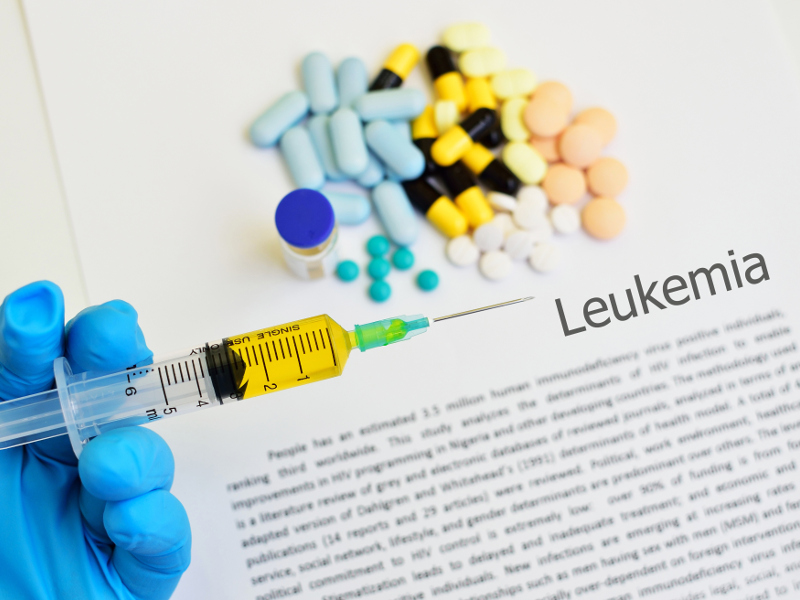
FDA approves new treatment for adults with relapsed or refractory acute lymphoblastic leukemia
August 17, 2017
The U.S. Food and Drug Administration today approved Besponsa (inotuzumab ozogamicin) for the treatment of adults with relapsed or refractory B-cell precursor acute lymphoblastic leukemia (ALL).
“For adult patients with B-cell ALL whose cancer has not responded to initial treatment or has returned after treatment, life expectancy is typically low,” said Richard Pazdur, M.D., director of the FDA’s Oncology Center of Excellence and acting director of the Office of Hematology and Oncology Products in the FDA’s Center for Drug Evaluation and Research. “These patients have few treatments available and today’s approval provides a new, targeted treatment option.”
B-cell precursor ALL is a rapidly progressing type of cancer in which the bone marrow makes too many B-cell lymphocytes, an immature type of white blood cell. The National Cancer Institute estimates that approximately 5,970 people in the United States will be diagnosed with ALL this year and approximately 1,440 will die from the disease.
Besponsa is a targeted therapy that is thought to work by binding to B-cell ALL cancer cells that express the CD22 antigen, blocking the growth of cancerous cells.
The safety and efficacy of Besponsa were studied in a randomized trial of 326 patients with relapsed or refractory B-cell ALL who had received one or two prior treatments. Patients were randomized to receive treatment with Besponsa or an alternative chemotherapy regimen. The trial measured the percentage of patients with no evidence of disease and full recovery of blood counts after treatment (complete remission or CR). Of the 218 evaluated patients, 35.8 percent who received Besponsa experienced CR for a median 8.0 months; of the patients who received alternative chemotherapy, 17.4 percent experienced CR for a median 4.9 months.


Dear immortals, I need some wow gold inspiration to create.